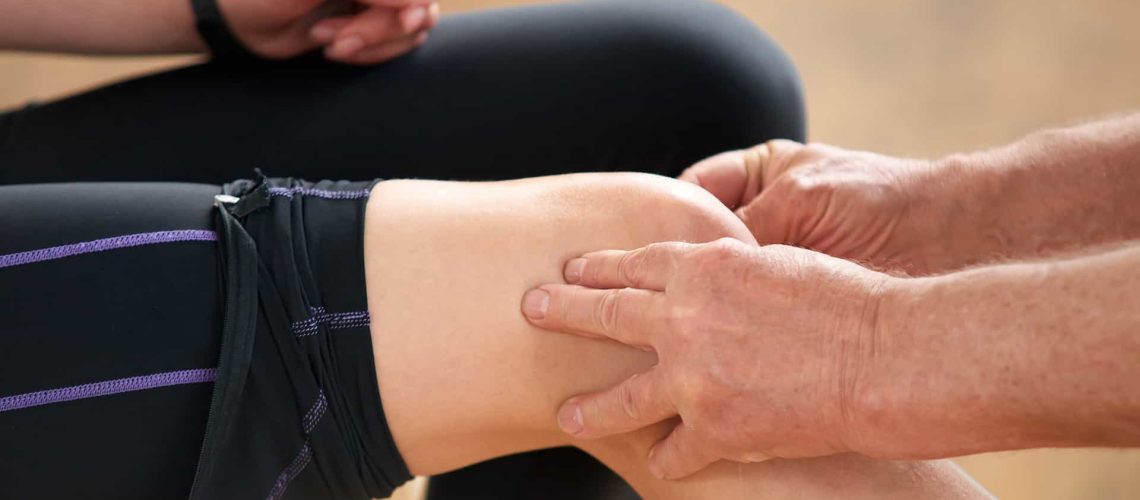A sports injury, as the name implies, is an injury that occurs as a result of playing a sport. Sports injuries can be caused by a number of things, including impact with another player or object, falling, twisting or overexerting oneself. Some common sports injuries include ankle sprains, knee injuries, shin splints and strains or tears in muscles or ligaments.
Injuries sustained during sports and physical activity can be classified in several ways, depending on the type and severity of the injury. Generally, injuries are classified as either primary or secondary.
Contents
Main sports injury classifications.
A primary injury is one that is sustained during the sport or activity itself. These types of injuries are usually the result of a traumatic event, such as a fall or collision. Examples of primary injuries include ankle sprains, muscle strains, and concussions.
A secondary injury is one that develops as a result of the primary injury. For example, if you sprain your ankle, you may develop swelling and inflammation. This can lead to increased pressure on the surrounding tissues, which may cause further damage and lead to the development of a secondary injury. Examples of secondary injuries include tendonitis and bursitis.
Injuries can also be classified as chronic or acute. Acute injuries are those that occur suddenly and have a sudden onset. They are usually the result of a single incident or event. Chronic injuries, on the other hand, develop slowly over time and typically get worse over time. They may be the result of repetitive activities or overuse.
What to do if you have a sports injury.
If you suspect you have had a sports injury, there are certain things you should do to ensure that you get the best possible treatment.
First, it is important to make an appointment with an orthopedic specialist as soon as possible. This is especially important if you are having trouble walking or moving normally or if you are in pain. Your orthopedic specialist will be able to give you a diagnosis and recommend the best course of treatment. In some cases, surgery may be necessary in order to fix the injury.
It’s important you don’t delay seeing a specialist. Delaying the treatment of a sports injury, you could experience any of the following consequences:
-The injury could worsen, which could lead to long-term damage or even surgery.
-You may not be able to participate in your sport at all, or you may have to play at a lower level than you are used to.
-You may miss out on important opportunities, such as scholarships or professional contracts.
-You may have to spend a lot of time and money on treatment.
Why an Orthopedic Specialist?
An orthopedic specialist is the best person to determine what type of sports injury someone has and how to treat it because they have the training and experience to identify and treat musculoskeletal problems. Orthopedic specialists have completed residency training in orthopedic surgery, which provides them with the skills to diagnose and treat sports injuries. They also have extensive knowledge of the anatomy and physiology of the musculoskeletal system, which allows them to develop specialized treatment plans for each patient.
If you’ve had a sports injury and aren’t sure what to do next, schedule an appointment today with one of our orthopedic specialists.


